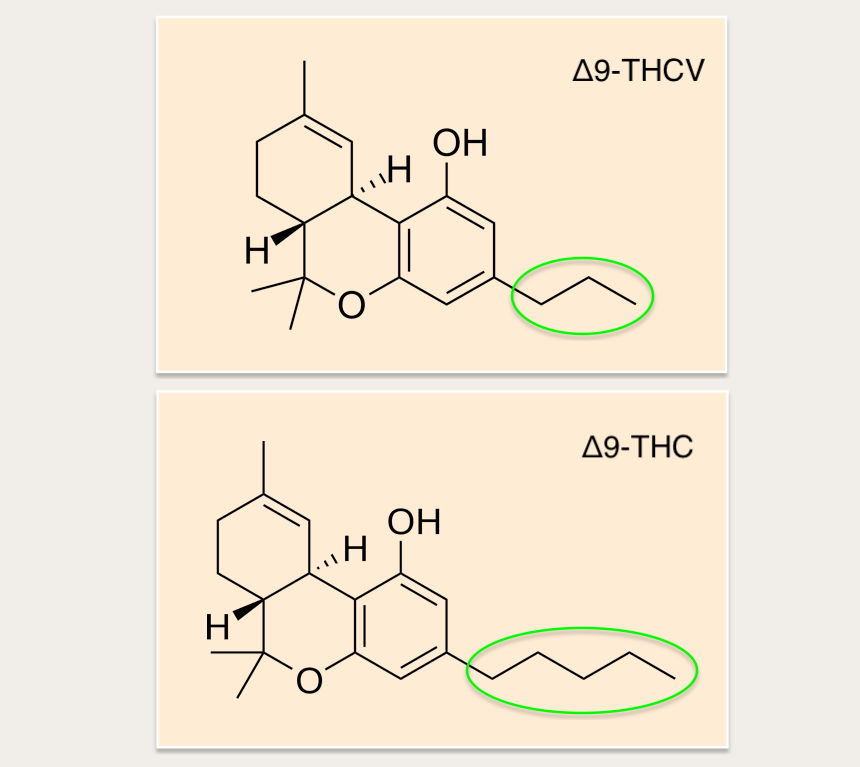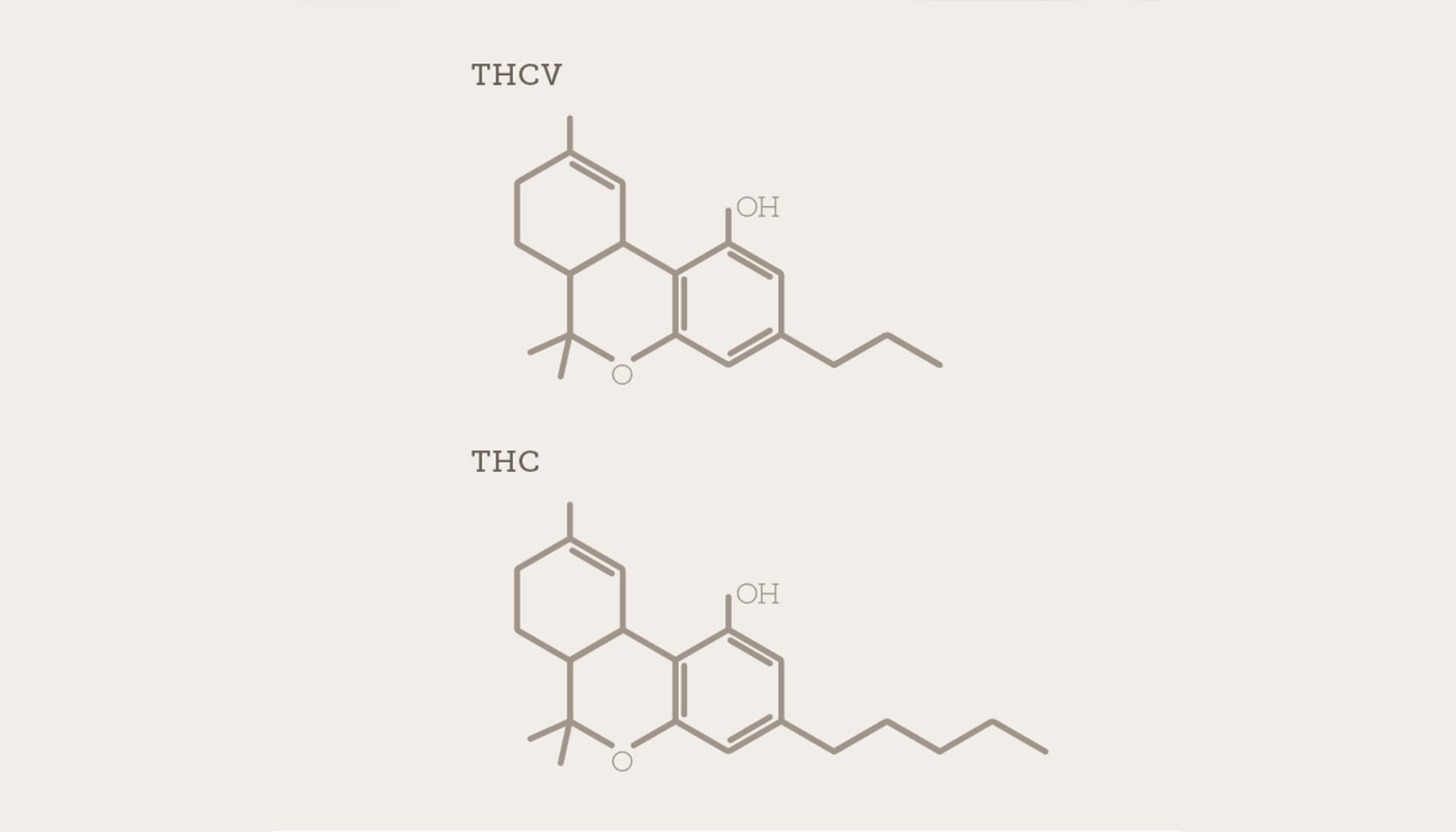Tetrahydrocannabivarin (THCV) is a cannabinoid substance discovered in cannabis and hemp plants. It's chemically comparable to tetrahydrocannabinol (THC) however with some crucial differences. Here's everything you require to understand about THCV including the risks, benefits, distinctions, and similarities with other kinds of THC and more. What Is THCV? THCV is a less typical cannabinoid discovered in some stress of cannabis, specifically African sativa.
 The Therapeutic Value of THCV • truPhys
The Therapeutic Value of THCV • truPhys
 THCV - Cresco Labs
THCV - Cresco Labs
 What is THCV? Cannabis Glossary Leafly
What is THCV? Cannabis Glossary Leafly
THCV has a 3-carbon side chain instead of THC's 5-carbon side chain. This difference is subtle, however it has a visible influence on the impact profile. THCV is rather psychoactive but only about and about. What Does THCV Feel Like? THCV has a strong energy-boosting element to it, that makes it especially popular amongst students and professional athletes.
In the United States, THCV regulation is nuanced. THCV is not a Schedule I Drug, but marijuana extracts are making it rather uncertain what the federal position is on THCV. The 2018 Farm Bill states that hemp plants and all derivatives of the plants are legal on a federal level, so many companies comply with this law and still provide THCV to consumers by only drawing out the substance from hemp plants.
If THCV is considered a THC analog, it could be controlled in the future by the very same guidelines as THC under the Federal Analog Act. This act states that any substance that shares a comparable molecular profile as a known prohibited substance it's included in the same drug Set up classification.
What Are the Results of THCV? Supporters of THCV report that it produces an intense burst of energy and makes them feel euphoric without the mental cloudiness triggered by THC. The effects are very moderate compared to THC. The results are almost specifically cognitive yet somehow have very little influence on headspace.
2. THCV & Hunger Some THCV users claim that it curbs their appetite. This is a common effect of other focus-enhancing substances. It's as though THCV eliminates the distraction of other bodily procedures (like appetite) in order to maintain resources and attention to cognitive tasks instead. How Does THCV Work? Cannabinoids produce biological impacts in the body by engaging with endocannabinoid receptors.
CB1 receptors lie in the nerve system and connect with neurotransmitters in the brain to produce mind-altering effects. Interaction with CB1 websites is what gives some cannabinoids like THC their psychoactivity. THCV is a bit tricky to understand since it's primarily a CB1 villain, suggesting it has the opposite impact as THC.
While researchers are still looking for to comprehend this procedure, it appears THCV is able to obstruct the impacts of CB1 in low dosages and promote them in high doses. CB2 receptors are discovered mostly in the body immune system. THCV is a partial agonist of CB2, but the effects of this partial activity aren't widely known, and it seemingly has no discernible impact on THCV users' experience.
As mentioned in the previous section, THCV is a CB1 antagonist in low dosages which is the exact opposite effect of delta 8 and delta 9 THC. This might mean that THCV neutralizes a few of the psychedelic results of THC. This effect might describe why individuals who utilize THCV feel so clear-headed specifically compared to the infamous "fogginess" caused by delta 9 THC.